
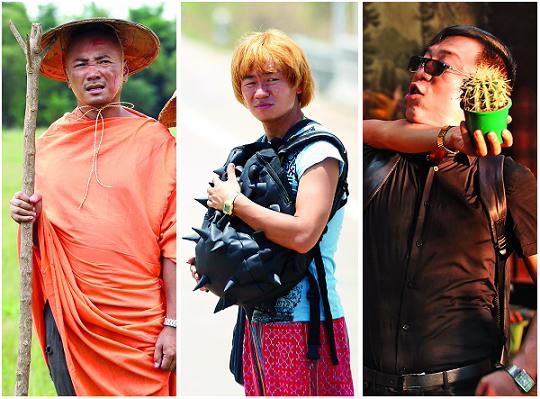 |
| In the movie Lost in Thailand, Xu Zheng (L)'s character represents an urban lifestyle, while Wang Baoqiang's role embodies the grassroots, and Huang Bo (R) plays the villain. ( China Daily) |
They are the polar opposites in almost everything, which is the departure point for many of the gags in the road comedy. But it was Manfred Wong, a Hong Kong writer-producer, who first paired the two in the 2010 comedy Lost on Journey.
That film, about the trials and tribulations of Chinese people returning home for Chinese New Year, was inspired by an American flick, the 1987 comedy Planes, Trains and Automobiles, starring Steve Martin and John Candy.
The former is a high-strung executive and the latter a well-meaning but clumsy salesman. That formula fits the Chinese story like a glove, now packed with China-specific jokes and situations.
In terms of copyright, Lost in Thailand is not a sequel to Lost on Journey. Neither Xu nor Enlight Pictures, which funded and distributed it, holds the rights, so Wang Changtian, CEO of Enlight Media, twisted the brand by changing one Chinese word in the original title to its homonym (roughly translated, "Lost Again on Journey"), followed by the colloquial title "Tai Jiong".
After Xu conceived the project, he started pitching it around town. According to inside sources, he went to Galloping Horse, one of the half dozen major production firms in China, which asked Xu to cut his proposed budget of 25 million yuan ($4 million) by half. Xu backed off.
The pitch was repeated at other studios until he had a 20-minute meeting with Wang of Enlight, during which he acted out detailed scenes - with no script or outline.
"I did not get around to reading the full script, but I instantly sensed he was serious. He has the temperament, communication skills and maturity to see through in production what he demonstrated to me in that meeting," Wang recalls.


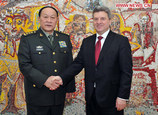
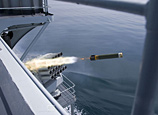
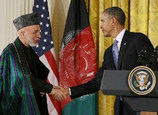
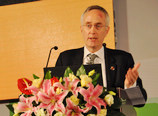

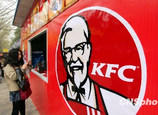


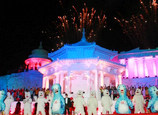







 Beijing police save female hostage
Beijing police save female hostage


![]()
